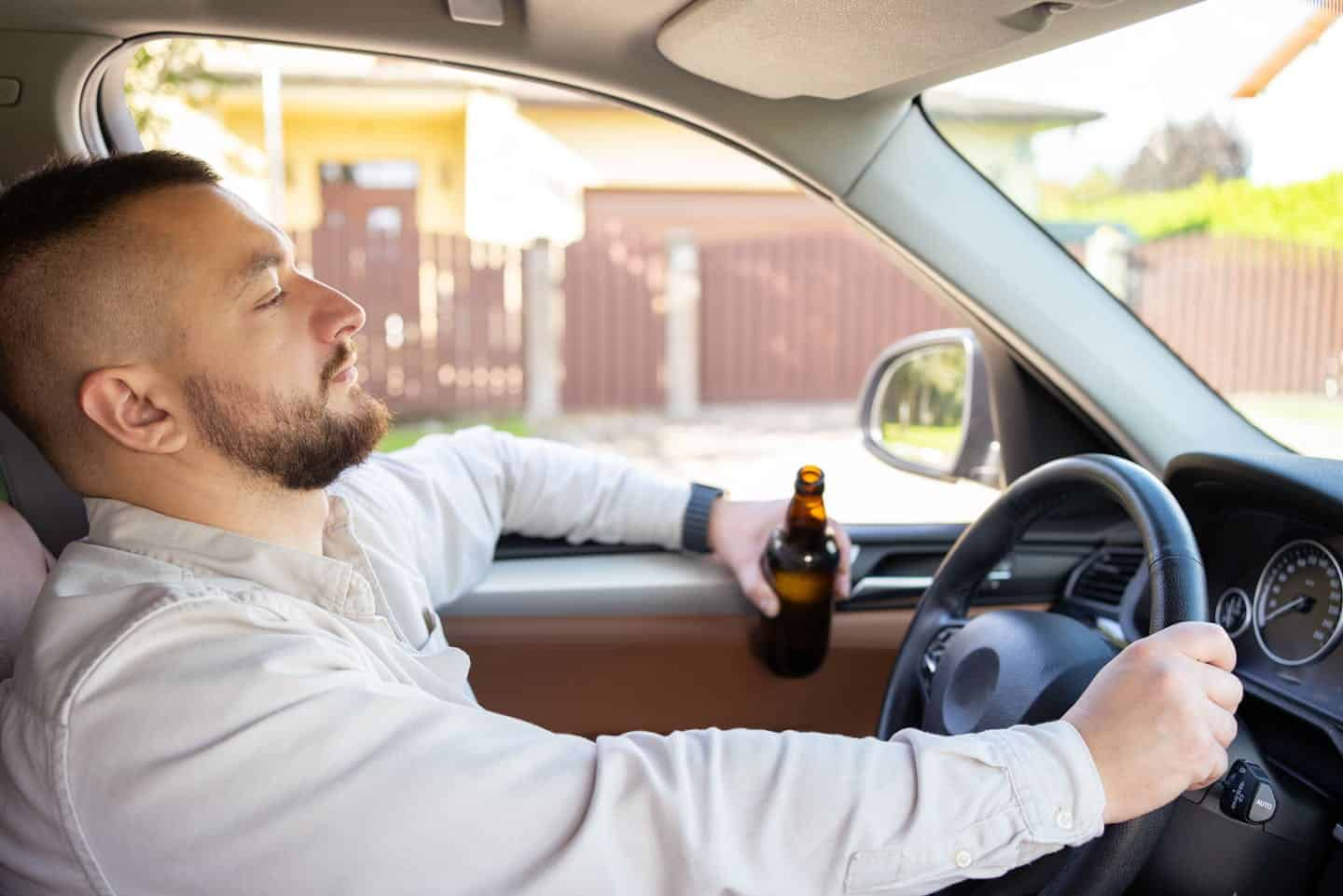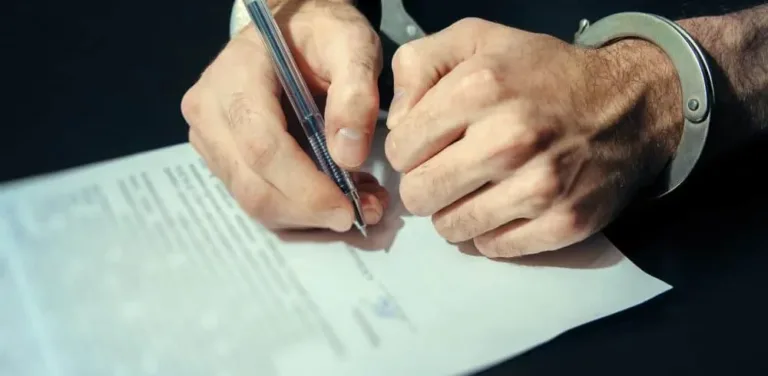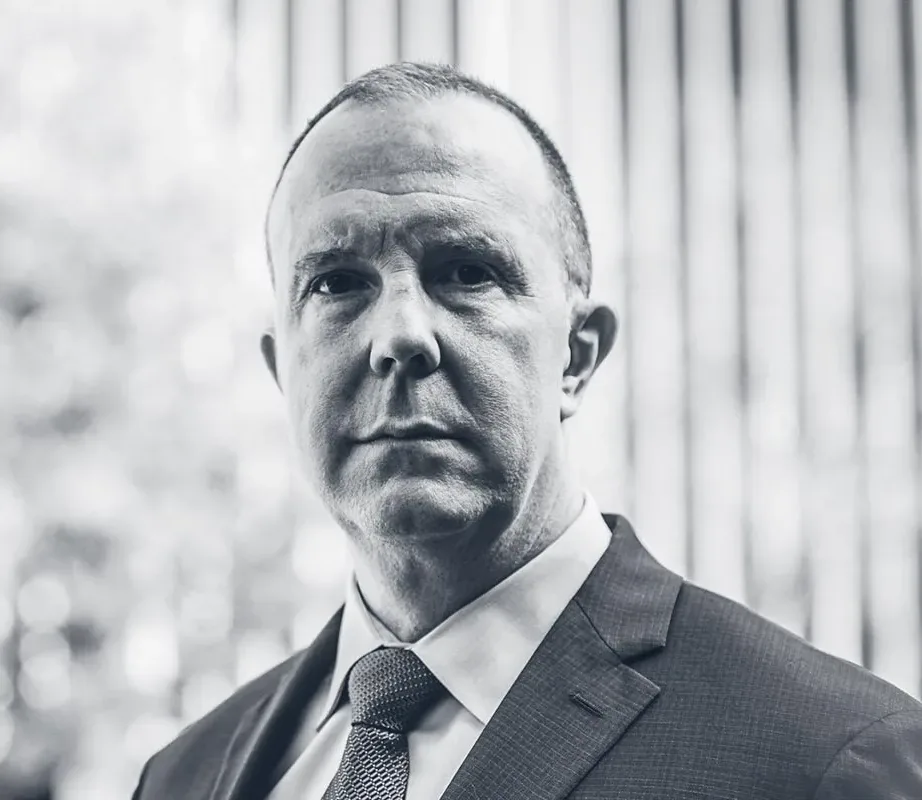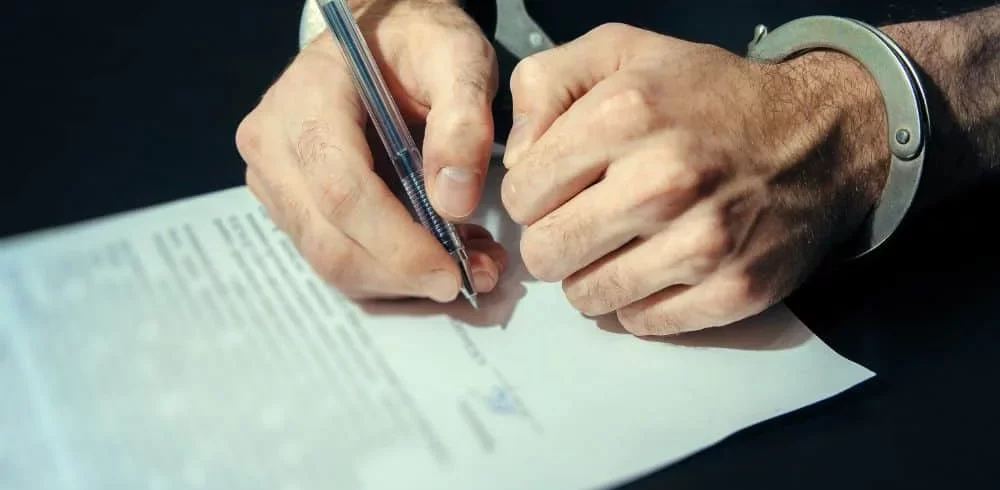Key Takeaways
- In Michigan DUI cases, negotiating a plea bargain can be a very important strategy. It often leads to reduced charges and lighter sentences.
- Penalties for DUI offenses in Michigan depend largely on blood alcohol content (BAC) and whether or not a person has any prior convictions.
- While plea bargains can mitigate consequences, they involve admitting guilt, which results in a criminal record. Keeping this to a minimum is key.
As Michigan DUI lawyers, our firm handles everything related to drunk driving cases on a daily basis. We deal are in the local courts of Metropolitan-Detroit (meaning Wayne, Oakland, Macomb, and the surrounding counties) for drinking and driving charges every day.
Within the DUI section of this blog, we regularly post new articles (and update those that are older, like this one) about the DUI process. Many are about “making things better,” and how that means ensuring that the outcome of an OWI (that’s short for “Operating While Intoxicated“) case is more lenient.
The bottom line is that we must avoid as many of the legal penalties and negative consequences as possible for the client.
When the evidence is solid, those consequences are avoided or minimized by working out a plea bargain, which means getting the original charge reduced.
This is really the whole point of hiring a DUI lawyer like me and my team. Getting the best possible outcome, whether a total dismissal of the charges, or getting a plea deal of some kind, is exactly what we do in DUI cases.
As noted, this is all about avoiding penalties and punishment. Ultimately, success in a DUI case is best measured by what does NOT happen to you.
What is the Process for Getting a Plea Bargain in Michigan?
A criminal defense attorney’s first job is to look for ways to challenge the evidence in order “knock out” a case. There is no greater success in a DUI case than getting a judge to dismiss it altogether.
Step 1: Review The Evidence
A critical part of DUI defense involves reviewing ALL of the evidence, including dash-cam footage and other video evidence to see if police screwed up somewhere, and/or violated a defendant’s constitutional rights.
Step 2: Determine Defense Strategies
To be sure, it is not the normal course of things for a DUI case to get dismissed outright. Thus, when the case is NOT fatally flawed, the next step is to look for potential defenses and things to use with the prosecutor in plea negotiations.
Step 3: Plea Bargain Negotiations
The plea bargaining process consists of negotiations between criminal defense lawyers and prosecutors. A plea deal is critical to avoid the risk of a harsher sentence — or even the maximum sentence — after a conviction.
A prosecutor, for his or her part, might accept a plea agreement to avoid the risk of an acquittal or just the burden of a long, drawn out fight.
The court system often welcomes plea deals because they reduce caseloads and free up their dockets.
A plea bargain often involves a defendant pleading to:
- A lesser charge or reduced charge that carries a lesser sentence,
- The original charge in exchange for a reduced sentence. This is called a “sentence bargain,” or a “sentence agreement.”
A defendant may enter a guilty plea, which means they are admitting to an offense. They may also plead “no contest,” which means they are neither admitting nor disputing the charge(s), but understand that there will still be a conviction.
When Is a Plea Bargain The Right Choice In A DUI Case
A plea agreement should be good for all parties in a DUI case. It certainly does for our firm’s clients. Among other benefits, the person will generally face a lighter sentence than they might have risked had they gone to trial.
On the flip side, the prosecutor can count another criminal conviction in their track record.
What Are the Penalties for Drunk Driving in Michigan?

Here is a chart of Michigan penalties for 1st offense, 2nd offense, and 3rd offense drunk driving cases:
1st Offense OWI, UBAL, or OUID Penalties:
- Up to 93 days in jail
- Six months suspended license: First 30 days no driving at all, remaining five months driving is allowed on a restricted license
- Up to $500 in fines, plus costs
- Up to 360 hours of community service
- Six points on your driving record
OWI with BAC of .17 or more (High BAC or “Super drunk”) Penalties:
- Up to 180 days in jail
- Fine of $200 but not more than $700
- One-year license suspension with restricted license requiring an ignition interlock devices (BAIID) issued after 45 days of no driving
- Up to 360 hours of community service
- Cost of prosecution
- Immobilization not exceeding 180 days allowed
- Six points on your driving record
- Mandatory alcohol treatment program or self-help program for a period of not less than one year.
- Motorists who drive after the 45-day license suspension may do so only after an ignition interlock unit has been installed on their vehicle for the remainder (10 and 1/2 months) of the one-year suspended/restricted period.
OWVI (Impaired Driving) Penalties:
- Up to 93 days in jail
- 90 days restricted driving
- Up to $300 in fines, plus costs
- Up to 360 hours of community service
- Four points on your driving record
2nd Offense OWI, UBAL, or OUID Penalties:
- Five days to one year in jail, or
- 30 to 90 days of community service, and
- One-year revoked license (no driving at all, no license available UNLESS admitted into a Sobriety Court Program)
- $200 to $1000 fine, plus costs
- License plate confiscation
- Vehicle immobilization from 90 to 180 days unless vehicle is forfeited
- Possible vehicle forfeiture
- Six points on your driving record
3rd Offense OWI, UBAL, or OUID Penalties:
- One to five years in a state prison, or
- 30 days to one-year in the county jail, followed by probation
- Five years revoked license (no driving at all, no license available UNLESS admitted into a Sobriety Court Program)
- $500 to $5000 fine, plus costs
- 60 to 180 days of community service
- License plate confiscation
- Vehicle Immobilization for one to three years unless your vehicle is forfeited
- Possible vehicle forfeiture
- Registration denial
- Six points on your driving record
With these potential penalties in mind, and moving backward from the most recent case, let’s see how things worked out in the seven DUI cases handled immediately before this piece was written.
Examples of How Our Firm Helped DUI Clients With Plea Bargains in the Past
Looking over the last seven DUI cases we handled right before this article was originally written, we were to obtain a good, solid plea bargain in each and every one.
These seven provide good sample without being repetitious. Of course, we could literally list thousands of our past cases where we got the charges dismissed or reduced.
It is precisely because my team and I know exactly how things work in circle of Southeast Michigan courts where we practice that we are able to achieve such unsurpassed success. We have the experience and skill to genuinely make things better for our DUI clients.
Recent Case Example 1
Charge: OWI 3rd (felony) Offense reduced to OWI 2nd (misdemeanor).
Our client, whose driver’s license was already revoked for his two previous DUI’s, was charged with felony, 3rd Offense drunk driving. We were able to negotiate his 3rd offense down to a misdemeanor 2nd offense DUI so that he avoided the felony, kept his case in the district court. He was then granted admission into a Sobriety Court Program (in another county, no less), where he obtained a driver’s license after 45 days. There is enough good news in this for a whole book, but one paragraph will have to do here.
Recent Case Example 2
Charge: High BAC reduced to Impaired Driving (OWVI).
The client was charged with High BAC (OWI with a BAC of .17 or greater). Through extensive negotiations, the High BAC charge was reduced “down” to Impaired Driving, saving him money, points on his driving record, and ensuring that he would not lose his ability to drive.
Recent Case Example 3
Charge: OWI reduced to Impaired Driving (OWVI).
Although originally charged with OWI, we negotiated this client’s charge down to Impaired Driving (OWVI), saving him lots of money and aggravation, including more than $1000 in fines and other costs, two points on his driving record (OWI carries 6, OWVI only 4), and, most of all, NO loss of his driver’s license.
Recent Case Example 4
Charge: High BAC reduced down to Impaired Driving (OWVI).
This client had a prior DUI about 10 years ago, so legally speaking, the High BAC charge was still a 1st offense. It took a lot of effort (including providing a substance abuse evaluation that we had him undergo) to convince the prosecutor to reduce the charge, but we got it done.
Recent Case Example 5
Charge: OWI reduced to Impaired Driving (OWVI).
This was more or less a “garden variety” drunk driving (OWI) case reduced to Impaired Driving, saving the client lots of money and protecting his ability to drive. He did not lose any driving privileges as a result. My team and I have literally done this thousands upon thousands of times.
Recent Case Example 6
Charge: High BAC reduced to Impaired Driving (OWVI).
This client had a very high BAC (above .25), and it took some rather intense negotiations, along with a clinically sound substance abuse evaluation, to convince the prosecutor to reduce the charge. As a result of our efforts, though, we got the plea deal and this client did not have to suffer through any period of time when she was legally unable to drive.
Recent Case Example 7
Charge: OWI reduced to Impaired Driving (OWVI).
As noted above, OWI is by far the most common charge (and for us, as Michigan DUI lawyers, the plea bargain is essentially expected and most common outcome). This client was understandably pleased that he would be able to drive to work without interruption. He was also happy to have saved over $1000 extra dollars, to boot, in all the associated fees and expenses, as well.
How Does a Plea Bargain Help In The Case Of a DUI Charge?

Some benefits of plea bargaining in DUI cases:
- Lesser sentence: A criminal trial carries substantial risk should you get convicted. You could face fines and, in some cases, even a prison sentence. A plea deal often means a lesser sentence with no jail time.
- Less time: Criminal cases can take a long time to resolve, especially if you want a jury trial. It could take months or longer. A plea agreement saves time for everyone.
- Cost savings: Reducing the amount of time needed to resolve a DUI case often means reducing how much it costs. You will save loads on attorney fees and other legal fees by taking advantage of a favorable plea deal.
Each of these above clients directly benefited from getting a plea bargain. To me and my team, it is just understood that a person pays us money to make things better for them.
Even in cases where there may not be a direct plea bargain, it is part of our job to avoid and minimize as many of the legal penalties and negative consequences as possible, and we take that very seriously.
It has been said that the difference between a good lawyer and a great lawyer is that a great lawyer really cares. My team and I pour our hearts and souls into every case we handle because we really care.
It’s troubling when lawyers talk about this in a non-committal way, and use empty phrases like “protecting your rights,” or “fighting for your rights.”
Every lawyer should protect and fight for your rights – all the time. Protecting your rights is all well and fine, but getting beneficial results is what really matters.
You don’t hire a plumber to stand by you when you turn on the water in the sink to “protect your home,” do you? What kind of baloney is that? If you hire a plumber, it’s because something is broken, and you expect it to be fixed for the money you pay.
It’s the same with hiring a lawyer in a DUI case. Paying some attorney to stand next to you and “protect your rights” is the most meaningless waste of money imaginable. You hire a lawyer in a DUI case to either get you out of it completely, or to specifically avoid as many of the legal penalties and negative consequences as much as possible.
What Are the Downsides to Getting a Plea Bargain?
A plea bargain is not right for every DUI defendant. Here are some potential disadvantages of plea bargaining:
- Admission of guilt: Entering a guilty plea means admitting to the offense. Sometimes, innocent people face criminal charges. Pleading guilty as an innocent defendant would mean letting the criminal justice system get away with its mistake. We won’t let that happen.
- Waiver of constitutional rights: When you plead guilty, you give up some of your rights in criminal procedure, such as the right to a jury trial. That should only be done when a person fully understands his or her situation.
- Risk of a harsher sentence: Pleading guilty to avoid the risk of conviction requires a careful analysis of the prosecution’s case and an informed decision by a defendant. The prosecutor has the burden of proving guilt in DUI cases. If their case is not strong enough to survive a proper legal challenge, a guilty plea could actually produce a worse outcome.
- Effects of having a criminal record: Pleading guilty or no contest results in a criminal conviction that will appear on criminal history background checks. This can, in some cases, affect job searches, housing, driver’s licenses, professional licenses, and other areas of life.
Why Work With Jeffrey Randa and Associates
Jeffrey Randa and Associates focuses exclusively on DUI, driver’s license restoration and other criminal cases. The attorneys and staff use their extensive experience in these cases and focus their skills on the issues that directly affect these types of proceedings to make things better for the client.
The firm’s founder, Jeffrey Randa, completed a post-graduate program of addiction studies to further assist DUI and driver’s license restoration clients.
Worried About Your Michigan DUI? Contact Us.
If you need an attorney for a DUI charge in the Greater-Detroit area of Wayne, Oakland, Macomb, or one of the surrounding counties Jeffrey Randa and Associates can help.
We offer a free consultation that is always confidential, and best of all, done over the phone, right when you call. My team and I are very friendly people who will be glad to answer your questions, help you understand your situation, and explain what can be done to make things better.
We can be reached Monday through Friday, from 8:30 AM until 5:00 PM, at 586-465-1980.
You can also use our online contact form to contact us, as well.
Frequently Asked Questions
How Does the Process Change if This is Not My First Offense?
The plea bargaining system in Michigan is somewhat informal. The process is essentially the same whether it is someone’s first, second, third, or even fourth or fifth offense. That said, more serious cases take a lot more work.
Will a Plea Bargain Take My License Away?
A plea bargain will result in a conviction for an offense. If driver’s license suspension or revocation is a penalty for the specific offense to which you plead guilty or no contest, then it is a possibility. Of course, a primary goal is always to avoid or minimize this as much as possible.
Should I Take the Plea Bargain if I Know I Wasn’t Drinking and Driving?
No. Taking a plea bargain means admitting (or not disputing) that you were under the influence or over the limit for a DUI. An experienced criminal defense attorney can evaluate the evidence against you. While every case is unique, as a general rule, though, innocent people should never plead guilty.
What Are the Penalties for Drunk Driving in Michigan?
The penalties for DUI (set out above) depend on blood alcohol content (BAC) and the number of prior convictions. Penalties may include:
- Fines
- Jail time or imprisonment
- Driver’s license suspension or revocation
- Community service
- Points on your driving record
- Court costs
- Alcohol treatment program and/or counseling
- Attending a community support program, like AA
- Ignition interlock device
- Loss or denial of vehicle registration
- Forfeiture of vehicle
The lightest potential sentence is for a first offense OWVI conviction. Not surprisingly, the harshest potential sentence is for a third (or subsequent) offense conviction, regardless of a person’s BAC.
How Does the Breath Test Affect a Michigan DUI Case?
Michigan is an “implied consent” state, which means that anyone who drives on Michigan’s roads has consented to provide a breath sample or blood sample to the police if he or she is arrested for a DUI. Refusing a breath test is not likely to help you if police already believe you are impaired. They can still arrest you based on factors like your appearance or behavior, and they can testify about their observations in court.
In addition, the police can and almost always will also obtain a court order to collect samples of your breath, blood, or urine. Refusal of a chemical test will automatically result in a 1-years suspension of your driver’s license. Fortunately, there is a separate legal procedure to get it back, but that’s a hassle best avoided in the first place by NOT refusing a breath or blood test once arrested for a DUI.
Of course, the higher your BAC result, the worse things are. For a 1st offender, a BAC of .17 or higher will likely result in a “High BAC” charge, and for 2nd and 3rd offenders, who are already in enough trouble, a higher bodily alcohol concentration just makes things worse. It is always the case that a lower BAC result is better.


